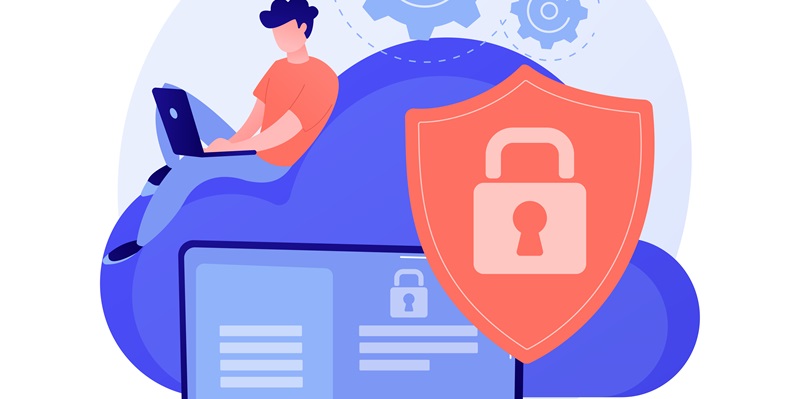In today’s digital climate, businesses are confronted with a slew of hazards, including cyber-attacks and environmental catastrophes that pose risks to critical data. To protect such an essential resource and maintain business operations, it’s crucial to establish a robust backup and recovery plan. This guide elaborates on a strategic framework for crafting an effective backup and recovery strategy in the face of an ever-changing security environment.
An efficient plan begins with identifying and prioritizing data and systems crucial for operational resilience. Regular backups, secured both on-site and off-site, are imperative. The strategy should include protocols for quick data restoration and infrastructure recovery to minimize downtime.
Moreover, the plan must be adaptable, accounting for new threats and incorporating the latest technological defenses. Staff training on backup procedures and disaster response is also essential, ensuring prompt and competent action when necessary.
To validate the effectiveness of the plan, businesses should conduct regular drills and update their strategies accordingly. By instituting these practices, companies can defend against data loss and disruptions, thereby upholding their competitiveness and reputation in the digital age.
Design Recovery-Centric Plans
To secure data effectively, it is crucial to adopt a recovery-oriented approach right from the planning stage. Start by aligning your plan with industry-specific regulatory requirements to avoid legal ramifications. Additionally, classify your data to streamline management and recovery processes. It’s essential to factor in the requirements and expectations of stakeholders and insurance providers when shaping your strategy.
Ensure that your plan encompasses all data sources, regardless of whether they are on the cloud or on-premises. Simplicity is key — under stress, complex procedures are likely to fail. Be mindful of the financial repercussions associated with restoration challenges, including those from legislation or ransomware attacks. Equip your plan to accommodate technological advances and minimize dependencies on specific tools. Lastly, regular testing of your recovery processes ensures readiness for any emergency.
Adhere to Genuine Backup Conditions
To safeguard your data, stick firmly to the 3-2-1 backup strategy. This dictates that you keep three copies of data on two distinct storage types, with one backup residing offsite for disaster protection. While this principle is a cornerstone of data security, also consider your storage limits, speed needs, and financial plan.
A robust backup system isn’t just about quantity; it’s about maintaining data integrity and reliability. Opt for backup techniques that move data directly from the source to storage, avoiding intermediary steps that could introduce risk. By maintaining strict adherence to the 3-2-1 rule and considering the full spectrum of operational elements, you’ll ensure that your backups are as secure as they are reliable. Remember, data protection is an investment in your peace of mind, ensuring business continuity and safeguarding against data loss events that could otherwise be catastrophic. Thus, when it comes to backups, comprehensive planning and wise execution are your best allies.
Implement Restorative Methodologies with Best Practices
When disaster strikes, having a preparative edge can mean the difference between swift recovery and operational paralysis. Ensure that critical components, such as your virtual infrastructure, authentication mechanisms, and encryption keys, are up-to-date and functional. Vigilant testing of restoration and recovery plans is non-negotiable, as it builds confidence and reveals any gaps in your strategy.
Streamline the recovery process with a unified management platform, offering a wide array of restoration options to meet various recovery scenarios. Leverage enterprise-class backup and recovery software that delivers quick and efficient restores, circumventing the need for deep application-specific expertise.
By focusing on these foundational areas and leveraging modern backup and recovery methodologies, organizations can robustly protect their data and uphold operational continuity in an unpredictable threat landscape.

